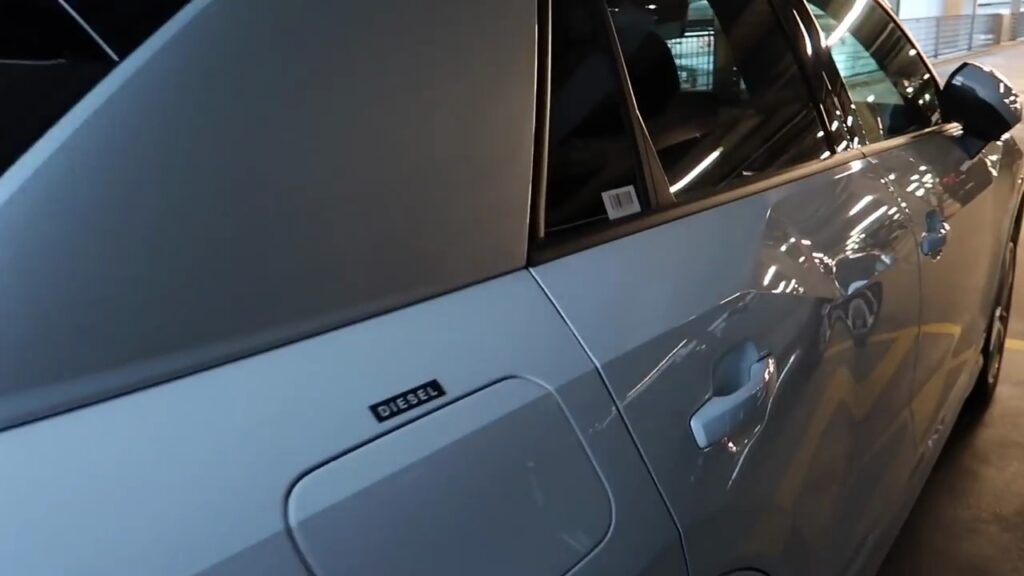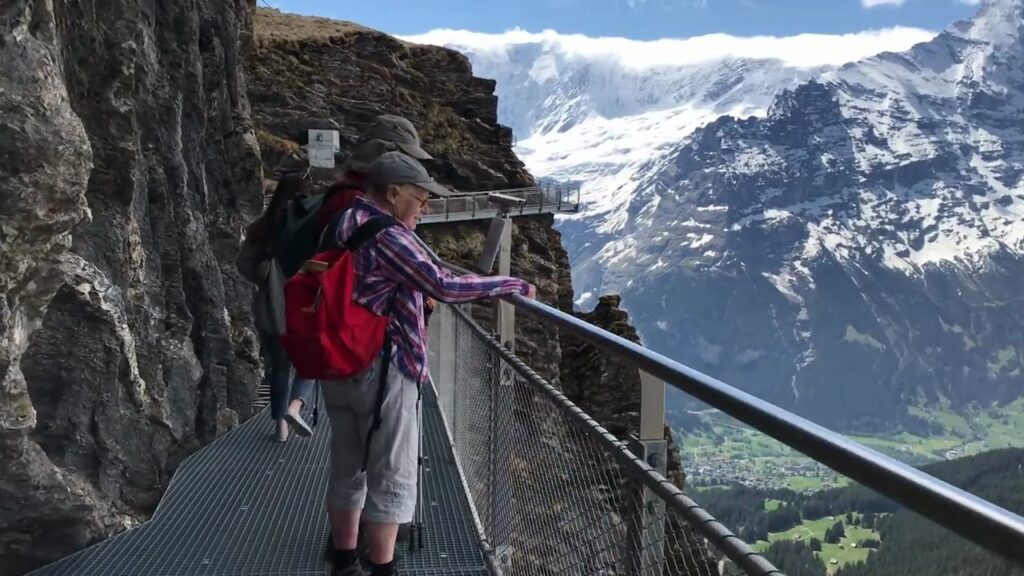Switzerland, a country known for its picturesque landscapes, is a dream destination for many. Whether you’re a solo traveler or a couple planning a trip, the cost of travel is always a significant factor to consider. This guide aims to provide you with a comprehensive understanding of how to navigate through Switzerland, keeping in mind various factors such as comfort, schedule, and budget.
Imagine you’re planning to explore 10 cities and villages in 10 days. You have two options: either get a consecutive day validity Swiss Rail Pass, which is quite expensive, or rent a car at almost the same price. Both options have their pros and cons, and the choice ultimately depends on your travel style and preferences.

The Swiss Rail Pass is highly recommended because it covers the entire Swiss rail network, which is amazing and very scenic. The pass also includes entry to all Swiss museums and some mountain excursions, with up to 50% discount on others. However, if you’re more interested in outdoor natural beauty and don’t have time to visit museums, then the pass might not be worth it.
The Swiss Rail Pass, valid for three consecutive days, costs around 225 Swiss Francs. However, if your itinerary only includes 2 or 3 cities over a week or so, you might want to consider the flex pass option. This pass, while slightly more expensive, offers greater flexibility. Unlike the regular pass, the flex pass’s validity isn’t consecutive. You can choose your travel days within a 30-day period, making it ideal for a more relaxed travel schedule.
For example, if you’re spending a few days in Zurich before heading to Lucerne, you can use your flex pass for the travel day to Lucerne. Then, after spending a couple of days there, you can use the pass again for your journey to Interlaken. This pass is available in various options, ranging from three to fifteen days.

The flex pass also comes with additional benefits like local transport, mountain excursions, and museum entry tickets. However, these benefits can only be used on the days you’ve selected for travel. So, you could potentially go on a mountain excursion in the morning, visit a museum in the afternoon, and catch a local bus to the railway station in the evening, all on the same day.
For those planning to visit only two or three cities, there’s also the option to forego the Switzerland rail pass altogether and purchase individual tickets for trains or buses. And remember, after the peak season, from the start of winter to March 31, the Switzerland rail pass is available at a discounted price. For more detailed and up-to-date information on these passes, you can visit the Swiss Railway’s website. And don’t forget about the option of intercity taxis for your travel needs.
In major Swiss cities like Bern, Geneva, and Zurich, buses are a viable option for commuting. Tickets can be easily purchased online via GoEuro.com. However, for trips to Interlaken, a popular starting point for many Swiss adventures, you’ll need to take a train as there are no bus services available. While intercity buses in Switzerland may take up to 30% more time compared to trains, they also cost 30% less, making them a budget-friendly alternative.

To avoid the confusion and potential cost, you might consider renting a car for your journey. If you plan to visit 5-7 cities, it would be more cost-effective than traveling by train. Renting a car in Europe may seem like a daunting task, with its own set of challenges. For instance, like all of Europe and North America, Switzerland is a right-hand drive country. This means the steering wheel is on the right side of the car, which can be confusing for first-time drivers. However, with a little preparation and patience, it can be a convenient and cost-effective way to explore the beautiful landscapes of Switzerland.

In conclusion, whether you choose a Swiss pass, trains, buses, or a car, it ultimately depends on your personal comfort, schedule, and travel plans. Each option has its own set of advantages and disadvantages, and the choice ultimately depends on what suits your travel style the best. So, plan wisely, and make the most of your Swiss adventure!
Embarking on a road trip in a foreign country can be an exhilarating experience. The thrill of exploring new landscapes, the freedom to stop at will, and the joy of discovering hidden gems along the way make it an adventure worth undertaking. However, it’s not without its challenges, especially when you’re driving on the opposite side of the road. But with time, you adapt and become comfortable, turning the initial disorientation into a unique part of the journey.

One of the first things to consider when planning a road trip is the car rental. There are numerous websites and companies to choose from, each offering different packages and prices. Some of the largest and most reputable car rental companies include Europcar, National, and Enterprise. These companies operate globally, and their services have been tried and tested in various locations, including London, Poland, Canada, and Switzerland.
One platform that stands out for its competitive prices and comprehensive packages is rentalcars.com. This sister company of booking.com offers deals that often include basic insurance, theft cover, free cancellation, collision damage waiver, theft protection, and unlimited kilometers. This means you can drive as much as you want without worrying about additional costs.
When renting a car, it’s important to note that a security deposit is required. This amount is blocked on your credit card and released upon the safe return of the vehicle. The excess amount, which is the amount you’ll have to pay in case of an accident or theft, varies depending on the company, car, and booking specifics. For instance, renting a luxury car like a Mercedes Benz for the day could require an excess amount of 4000 Euros.

In the end, the choice between renting a car and purchasing a Swiss travel pass boils down to your personal preferences, comfort level, and budget. If you’re an adventurous spirit who loves the thrill of driving on foreign roads and the freedom to explore at will, a car rental might be the best option for you. However, if you prefer a more relaxed, hassle-free travel experience, the Swiss travel pass is a worthy investment.
Remember, the goal of any journey is to create memorable experiences. Whether you choose to navigate the Swiss roads in a rental car or traverse the country’s scenic train routes with a travel pass, make sure it’s a choice that enhances your travel experience, not detracts from it.

If you found this information helpful, please consider sharing it with your fellow travel enthusiasts. Your support helps our travel community grow and thrive. If you have any questions or if there’s a topic you’d like us to cover in future posts, feel free to drop a comment. We’re here to help you make the most of your travel adventures. Happy travels!
Exploring Lucerne, Switzerland on a Budget: A Day in the Heart of Swiss Beauty

